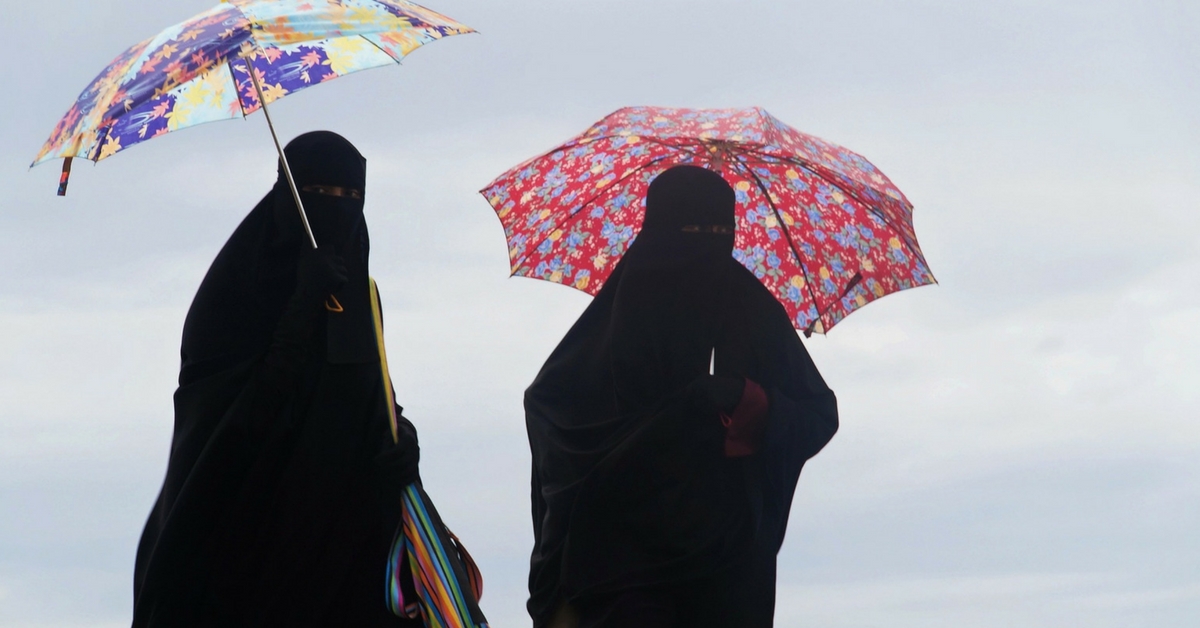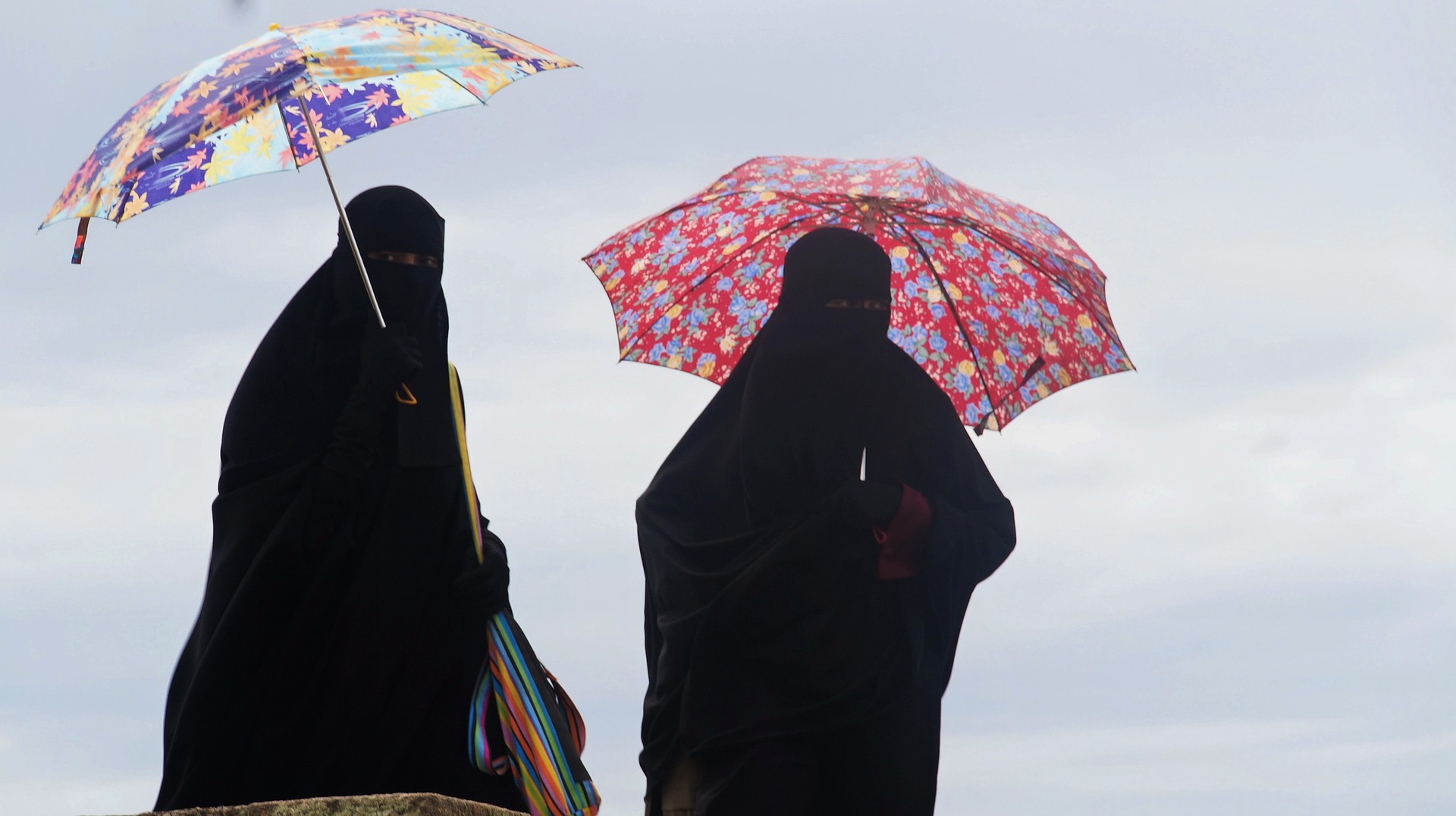Five Features of the Centre’s New Draft Law Against Triple Talaq
Even after the Supreme Court set the centuries-old practice aside, instances of triple talaq continued to be reported.

In August this year, the Indian Supreme Court deemed instant triple talaq unconstitutional. The practice which lets any Muslim man to legally divorce his wife by stating the word talaq three time has raised issues of gender equality and human rights.
Unfortunately, even after the Supreme Court set the centuries-old practice aside, instances of triple talaq continued to be reported.
Now, the top court in its recently drawn up draft law is mulling over making triple talaq a ‘cognizable and non-bailable’ offence.
It seeks to empower Muslim women, and declare the practice of instant divorce ‘illegal and void’.

Framed by a Group of Ministers (GoM), the draft legislation is most likely to be taken up during the winter session of the Parliament. Here are five features of the Muslim Women (Protection of Rights on Marriage) Act that you need to know:
- The draft law classifies triple talaq as cognizable and non-bailable and has been circulated to states for consultations.
2. It seeks to ban and criminalise triple talaq – whether conveyed in written, spoken or electronic.
3. The draft law will make the offence punishable by three years jail and a monetary fine.
4. A woman who has been given instant triple talaq will be able to move court, seeking ‘subsistence allowance’ for herself and dependent children, as well as custody of minor children.
5. It will not be applicable to the state of Jammu and Kashmir.
Like this story? Or have something to share?
Write to us: [email protected]
Connect with us on Facebook and Twitter.
NEW: Click here to get positive news on WhatsApp!
This story made me
- 97
- 121
- 89
- 167
Tell Us More
We bring stories straight from the heart of India, to inspire millions and create a wave of impact. Our positive movement is growing bigger everyday, and we would love for you to join it.
Please contribute whatever you can, every little penny helps our team in bringing you more stories that support dreams and spread hope.


















